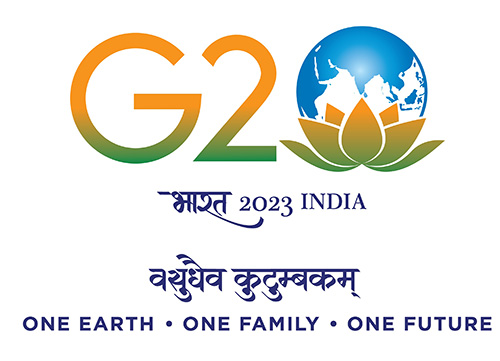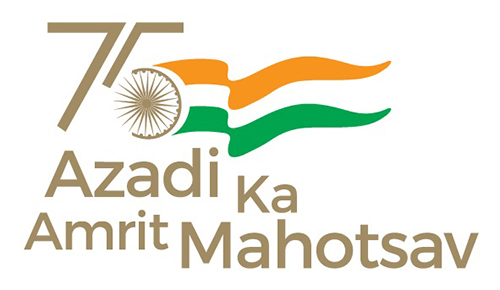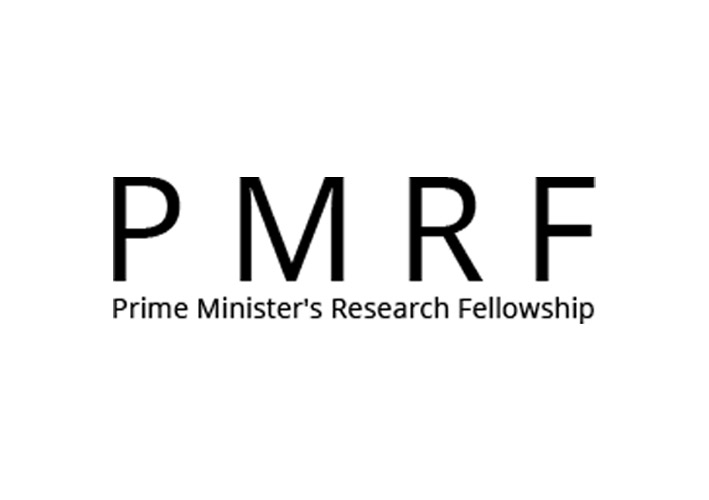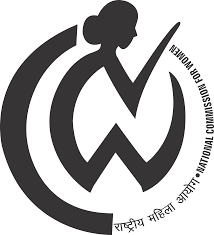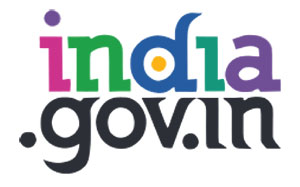IIT Jodhpur-AIIMS Jodhpur Joint MedTech. Centre Advanced Molecular and Digital Technologies in Precision Oncology.
Introduction
Identifying disease patterns helps find its cure. Thus, identifying molecular, pathologic, visual patterns of cancer tumour helps characterize it better for precision treatment. Patients walk in the clinic with an ailment and with clinical data such as gender, age, body physiology, existing pathologic conditions, etc. This clinical information makes the basic data points which the clinical oncologists use to identify patterns to decide the best treatment. However, with advanced technologies, the number of data points has increased enormously. Tumours are now analysed for molecules within the tumour cells and for sub-visual patterns of tumour radiology images. Advanced technologies such as genomics, proteomics, microarrays, artificial intelligence (AI), functional diagnostics, microfluidic devices, circulating tumour cells, extracellular vesicles (EVs), and wearables, etc. are fast becoming preferred technologies that generate large number of data points that could be used to identify disease pattern for precision oncology. These sciences and technologies are highly multidisciplinary and ever-evolving, thus, there is an acute need for a course that creates the necessary understanding and knowledge about these technologies within clinical oncologists. The salient feature of the course is that patient cases and clinical questions will always be central, and the education of state-of-the-art technologies is woven around it.
Objectives
Genomics, Immunology, Tumour derived cell models, Artificial intelligence, and Digital oncology are molding the way precision oncology is practiced currently. This program is created for clinical oncologists (Medical oncologists, radiation oncologists) who make treatment decisions. Upon successful completion, clinical oncologists opting for the program would be equipped to:
- Understand Next Generation Sequencing (NGS) reports.
- Make accurate choice of molecular technique based on patient profile and the clinical questions.
- Utilize the knowledge of underlying molecular mechanisms of cancers, targeted and immunotherapies, and therapy resistance in patient management.
- Participate in advanced molecular tumour boards.
- Visit and work alongside scientists at leading molecular (NGS) laboratories.
- Learn first-hand, the advanced theranostic techniques such as tumour derived spheroid models used to identify best treatment options specific to your patient.
- How to use artificial intelligence in diagnosis, prognosis and possibly treatment of cancers.
- What it takes to create a cancer research program. Precision Oncology 2
- Various collaboration models between oncology clinics and academia to make bench-to-bedside cancer research a reality.
Program Highlights
Batch Start Date: 26th July 2024
Duration: 6 Months
Advanced Molecular and Digital Technologies in Precision Oncology
Course designed & delivered by faculty of IIT Jodhpur and clinical oncologist.
Certified candidate attributes
Candidates will be endowed with the capability to understand types of genomic variants reported by the molecular laboratories and the technology used to obtain results.
- Candidates will know the limitations of current testing methodologies and reports.
- Candidates will assimilate and distill the multidisciplinary inputs by various genomic and digital oncology techniques to take informed clinical decisions.
- Candidates will be familiar with technical aspects of Next Generation Sequencing (NGS) to select the most appropriate testing platform/ assay.
- Candidates will decide molecular tests while considering tissue type, timing of profiling in the disease course, extent of panel, and degree of clinical annotation reported.
- Candidates will interpret molecular data in context of current treatment guidelines, clinical trial participation, and pre-clinical research literature.
- Candidates will know the U.S. Food and Drug Administration (US FDA)–approved use of artificial intelligence in clinical scenarios, most prominently involving cancer diagnostics and computer vision.
- Candidates will appreciate the unique ethical and legal considerations associated with artificial intelligence models.
- Candidates will make efforts to create living databases of multimodal datatype in their clinics to improve clinical models.
- Candidates will understand the usage of new proteomic tools to aid the clinical/medical oncologist in making clinical decisions.
- Candidates will appreciate the value of insightful communications between clinical oncologists and research scientists, to make clinical decisions.
Criteria of Eligibility
MD, DNB, or PhD degree holders. (The applicant must qualify the pre-screen test to be eligible for the program)
Selection Process
Applicants must submit their resume indicating their degree, education, experience, and current work. Applicants must write an essay, not exceeding 500 words, to express their motivation for enrolling in this course. The essay should be submitted as part of the application. Post-screening, an online interview will be conducted with a panel derived from “course instructors”. The panel will decide on acceptance while taking all aspects of the applicant including the resume, essay, experience, and evaluation during the interview.
Program Fee
Total Fee per Participant: 5 Lakhs INR which includes comprehensive practical and hands-on experience at IIT Jodhpur.
IIT-J Application Form: Once the shortlisting of the candidates is completed based on eligibility criteria, candidates will be emailed with a provisional offer letter with IIT-J application form & payment link in offer letter. The candidate needs to deposit the fee online on IIT Jodhpur portal to complete the admission process.
List of Documents
- Application Form
- ID proof – Aadhaar Card/ Passport/ PAN Card
- Final year mark sheet and degree certificates for graduation and PG







